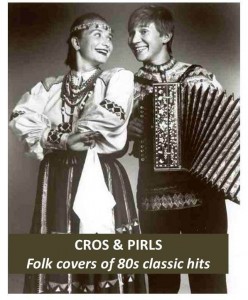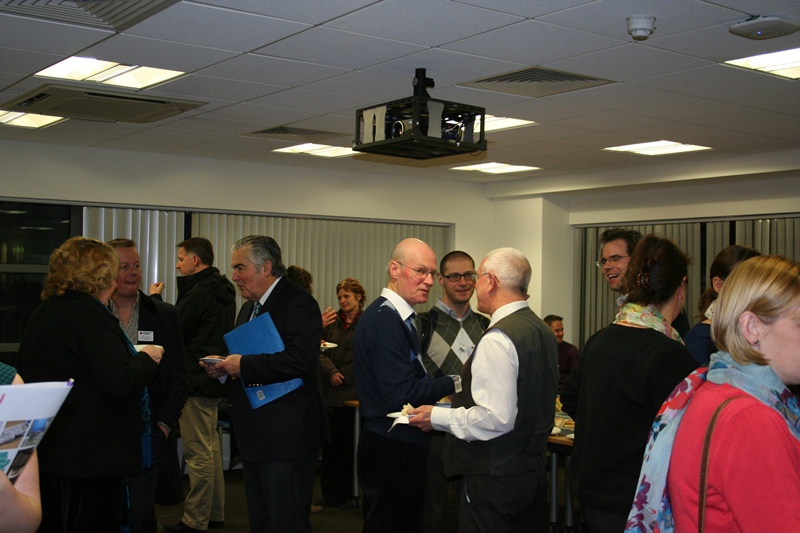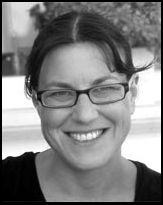 February had a good deal of activity around bids being submitted and awarded, with Schools winning consultancy contracts, research grants and organising Short Courses.
February had a good deal of activity around bids being submitted and awarded, with Schools winning consultancy contracts, research grants and organising Short Courses.
For Applied Sciences, congratulations are due to Richard Stillman for his consultancy contract with the Welsh Government, to Mark Maltby for his consultancy contract with Central Bedfordshire Council, to Andrew Ford for his two consultancy contracts with WPA Consultants and Axent Embroidery, to Ralph Clark for his consultancy contract with the Environment Agency, to Phillipa Gillingham and John Stewart for their award from Natural England. Good luck to Daniel Franklin with his application to the Marine Management Organisation, to Emilie Hardouin for her application to FSBI, and to Rob Britton and Richard Stillman for their proposed consultancy with DEFRA.
For DEC, good luck with the applications submitted by Katherine Appleton to the Humane Research Trust, by Simon Thompson to the Royal Society, and by Tania Humphries-Smith to the HEA.
For HSC, congratulations are due to Anthea Innes for her award from the NIHR and also good luck with her application to Bournemouth Churches Housing Association, as well as her consultancy training for Gracewell Healthcare together with Michele Board, Vanessa Heaslip and Sue Barker, and finally, for Anthea and Michele Board’s short course with RBCH. Good luck also to Edwin Van Teijlingen for his application to NIHR.
Congratulations to the Media School for Liam Toms consultancy contract with Kestrel Medical Ltd, to Rebecca Jenkins for her consultancy contract with Craft Strategy Ltd. Good luck to Stuart Allan and Einar Thorsen for their application to ESRC, and to Darren Lilleker, Dan Jackson, Richard Scullion, Einar Thorsen and Shelley Thompson for their application to ESRC, to Julian McDougall and Kris Erickson for their application to The Spencer Foundation, to Carrie Hodges and Janice Denegri-Knott for their application to the British Academy, to Iain MacRury, Chris Williams and Steve Harper for their consultancy bid to SKILLSET, and to Liam Toms with his consultancy bid to Work Research Limited.
For the School of Tourism, congratulations go to Richard Gordon for securing funding for his short courses with the MoD and NEMA, and good luck to Jon Hibbert with his contract to Liz Lean PR Ltd, to Christian Lemmer and Crispin Farbrother with their short course to Wuhan City Vocational College, to Lisa Stuchberry for her contract to NHS Dorset, to Stephen Calver with his contract to Bournemouth Borough Council, and to Nicky Pretty and Lisa Stuchberry for their contract to Godolphin Company.
 For applications and bids submitted, a number of people have submitted applications to the European Commission and so good luck to Adrian Newton, Kathy Hodder, Elena Cantarello, Judith DeGroot and Chris Shiel from Applied Sciences who are investigating Bio-regional approaches to sustainability transitions, to Jon Williams, Luciana Esteves and Christos Gatzidis also from Applied Sciences. To Ian Swain who is researching the Mediterranean diet against depression, to Katherine Appleton, Emili Balaguer-Ballester for their separate applications, all from DEC, and to Abdelhamid Bouchachia (DEC) and Hammadi Nait-Charif (MS) for their application, to Anthea Innes and Michele Board from HSC with their Erasmus application, to Edwin Van Teijlingen also from HSC, to Stuart Allan from the Media School, and to Dimitrios Buhalis, Alessandro Inversini and Katherine King, all from the School of Tourism.
For applications and bids submitted, a number of people have submitted applications to the European Commission and so good luck to Adrian Newton, Kathy Hodder, Elena Cantarello, Judith DeGroot and Chris Shiel from Applied Sciences who are investigating Bio-regional approaches to sustainability transitions, to Jon Williams, Luciana Esteves and Christos Gatzidis also from Applied Sciences. To Ian Swain who is researching the Mediterranean diet against depression, to Katherine Appleton, Emili Balaguer-Ballester for their separate applications, all from DEC, and to Abdelhamid Bouchachia (DEC) and Hammadi Nait-Charif (MS) for their application, to Anthea Innes and Michele Board from HSC with their Erasmus application, to Edwin Van Teijlingen also from HSC, to Stuart Allan from the Media School, and to Dimitrios Buhalis, Alessandro Inversini and Katherine King, all from the School of Tourism.
Finally, good luck to Jian Jun Zhang, Xiaosong Yang and Lihua You (all MS) with their application to EPSRC for an award in Human Robot Symbiosis in a shared Nervebot for phantom limb pain, to Jonathan Williams (HSC) for his contract to the International Tennis Federation concerning Lumbo-pelvic-hip motion sharing in tennis players. In HSC, good luck goes to Keith Brown who is applying for two separate KTPs with Brent Council and Dorset County Council. Good luck to Venancio Tauringana in the Business School, who has submitted an application to the British Academy’s International Partnership and Mobility Scheme.
 The next M.A.D. About the Wreck Open day takes place in the Thomas Hardy Room at Bournemouth University on Thursday March 28th 2013 at 4.00pm.
The next M.A.D. About the Wreck Open day takes place in the Thomas Hardy Room at Bournemouth University on Thursday March 28th 2013 at 4.00pm.



























 REF Code of Practice consultation is open!
REF Code of Practice consultation is open! BU Leads AI-Driven Work Package in EU Horizon SUSHEAS Project
BU Leads AI-Driven Work Package in EU Horizon SUSHEAS Project Evidence Synthesis Centre open at Kathmandu University
Evidence Synthesis Centre open at Kathmandu University Expand Your Impact: Collaboration and Networking Workshops for Researchers
Expand Your Impact: Collaboration and Networking Workshops for Researchers ECR Funding Open Call: Research Culture & Community Grant – Apply now
ECR Funding Open Call: Research Culture & Community Grant – Apply now ECR Funding Open Call: Research Culture & Community Grant – Application Deadline Friday 12 December
ECR Funding Open Call: Research Culture & Community Grant – Application Deadline Friday 12 December MSCA Postdoctoral Fellowships 2025 Call
MSCA Postdoctoral Fellowships 2025 Call ERC Advanced Grant 2025 Webinar
ERC Advanced Grant 2025 Webinar Update on UKRO services
Update on UKRO services European research project exploring use of ‘virtual twins’ to better manage metabolic associated fatty liver disease
European research project exploring use of ‘virtual twins’ to better manage metabolic associated fatty liver disease